0:00
/

Teleological Evolution
Evolution does show foresight and intention, as does life in general. This essay examines the issue in some detail. This one is a bit longer than usual, but bear with me. It gets positively cosmic at the end.

The Not-Quite-Rational Animal
So emotions are judgments, judgments that we rely on to get through life. They are vitally necessary. We could not get along without them.

What do you do with a peak experience?
Some philosophers – Plato comes to mind – seem to think that such a vision is the end and goal of philosophy. In the Symposium, Plato has Socrates speak of the progression of love from human to divine.

On Faith
You are not justified, however, in imposing your faith on others. Your evidence is not objectively authoritative; it is valid only for you and others who have had similar experiences.

Status
It’s not the drive for high status that is damaging or degrading. That we have such a drive is just a fact about human nature. It’s how we manifest that drive, what we do to assert status and how, that is important.

The Soul is a Point Of View
The Egyptians believed that when the ba and the ka were united, then one would become immortal. Translating this to less religious terms, we can say that when our actions reflect the insight that we are not anything we might identify with, then they become selfless.

Dead or Alive?
Is the world fundamentally dead or alive? That is the key question of metaphysics, how we conceptualize reality as a whole in its broadest categories. Its answer determines how we approach ourselves and our world.

Considering Ayn Rand
Ayn Rand advocates a promising methodology for ethical thinking, but has a deeply flawed vision of human nature, so her enterprise doesn’t quite pan out.

Mondragon: Reinventing Humanity
There are external motivations to grow, of course. Growth can provide economies of scale, driving costs down. Growth can provide more share of the market, so the firm is more assured of continued operation.
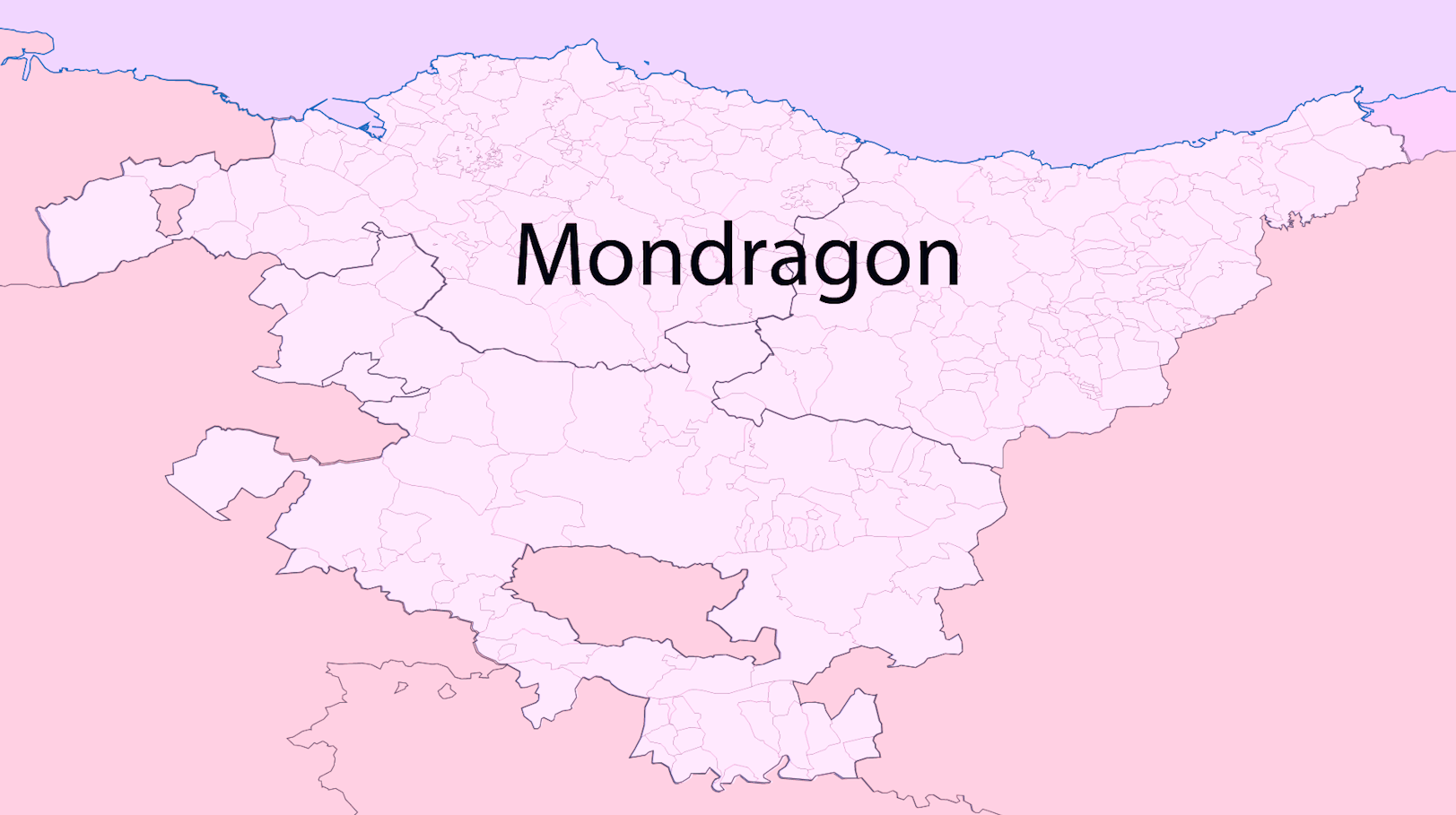
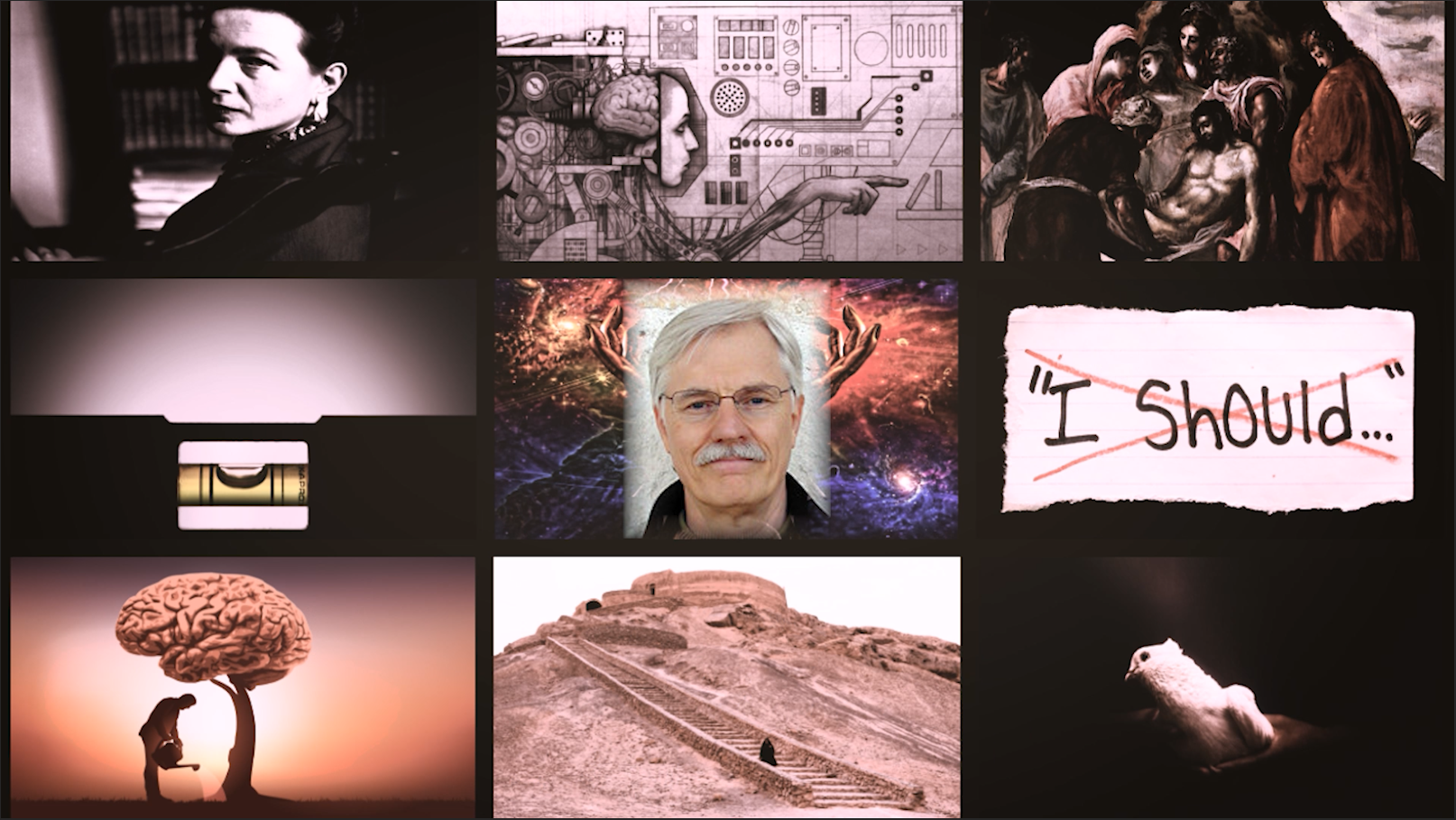
Simone de Beauvoir: A Philosophy of Liberation
The starting point to understanding de Beauvoir is human freedom. Philosophers have had quite a debate about whether human beings have free will. The French existentialists not only assume we do but make it the center point of their view of human nature.
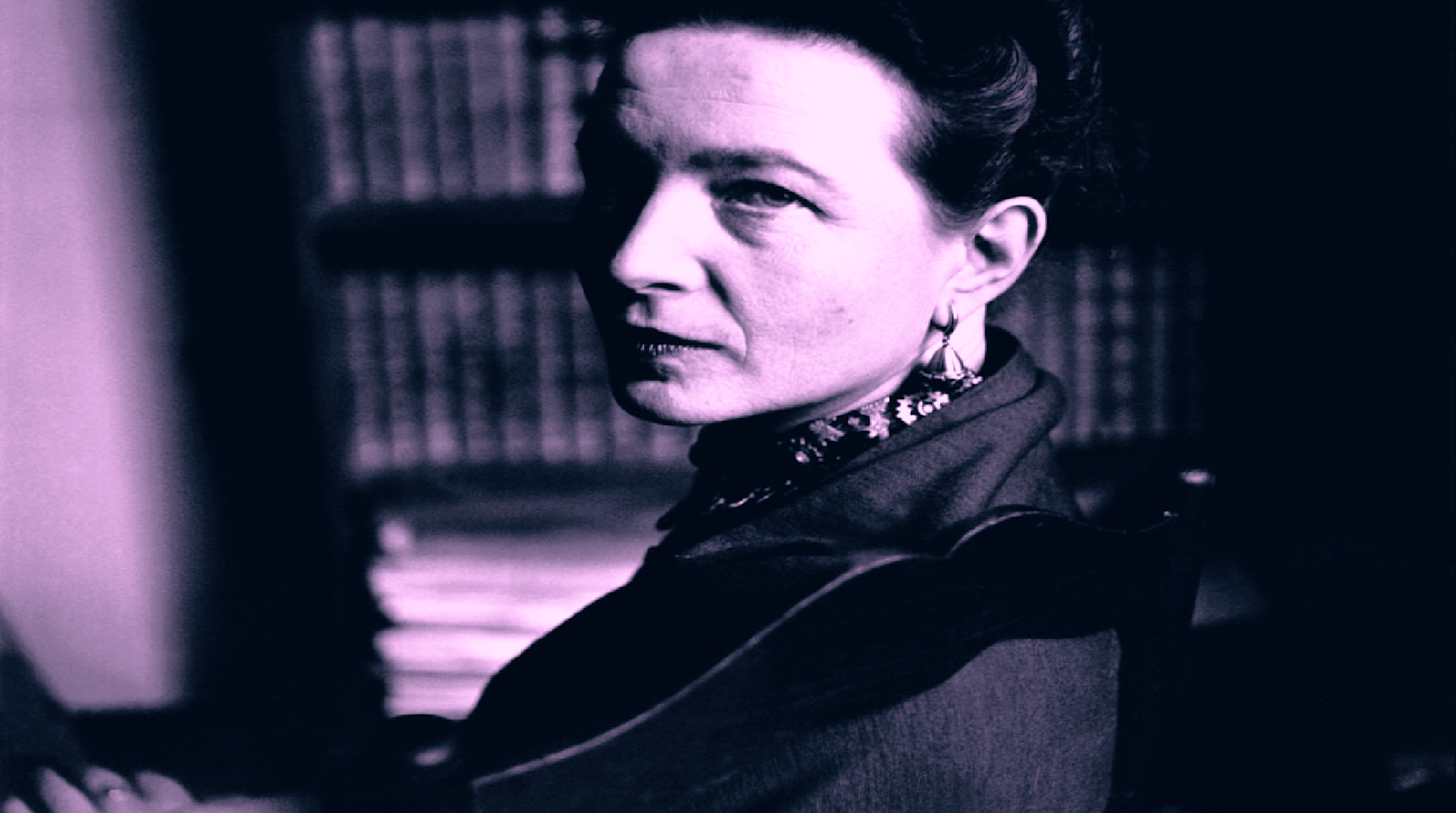
Mental Causation
The mind-body problem just refuses to go away so long as we are stuck in an inadequate metaphysics that postulates such a separation as one of its premises.

Is Science a Religion?
I was asked recently whether science is a religion. My answer: No, not at all, but some people treat it as if it were.
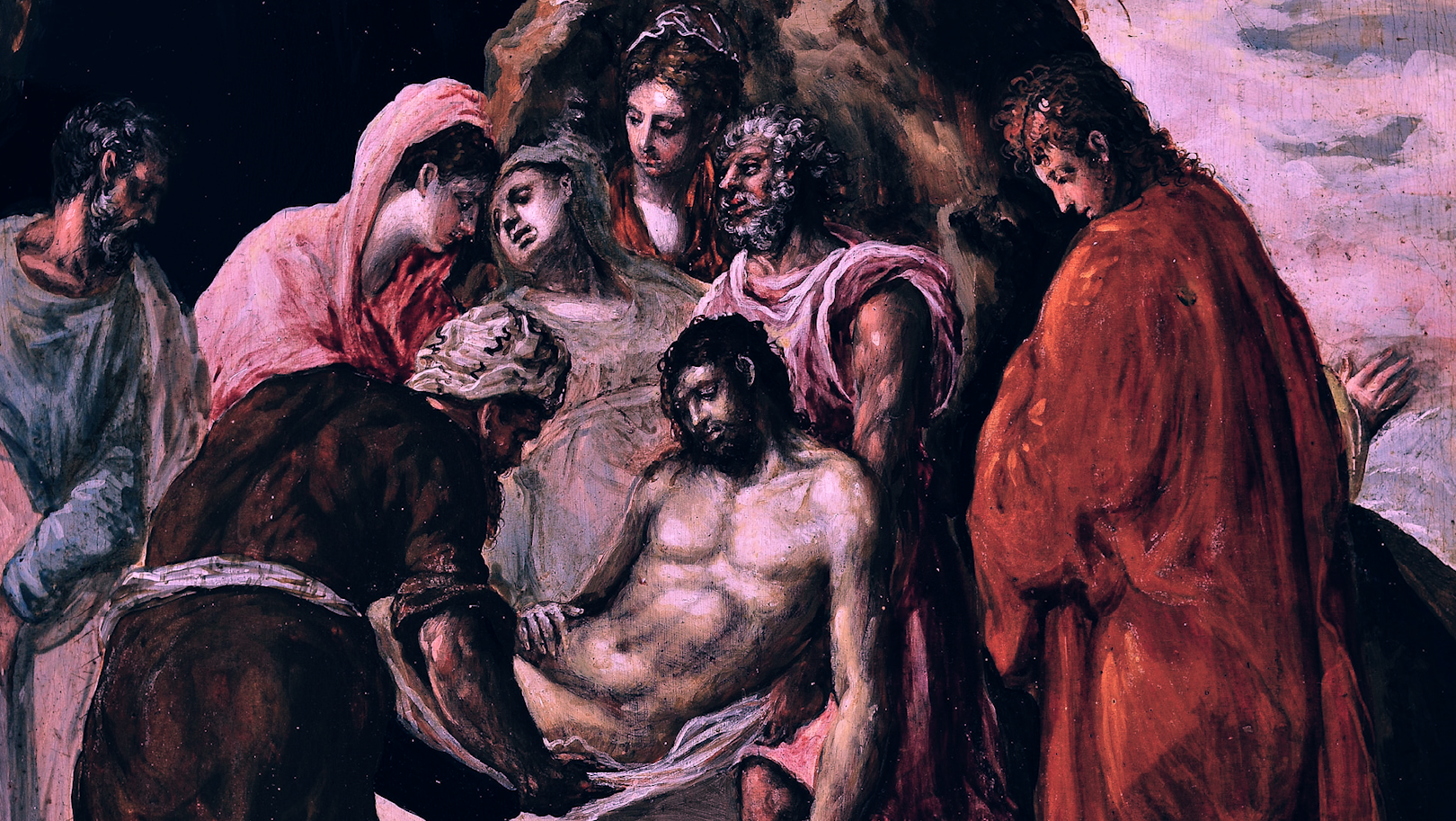
The Good
A pernicious notion has plagued Western philosophy ever since Plato and perhaps earlier: that the Good is something that somehow transcends the ordinary world, something that has some reality over and above the physical reality we all live in.

In Defense of Panpsychism
Panpsychism, the idea that everything has an aspect of psyche or mind to it, seems nutty to most people.

Ways to Say “Should”
There is good reason to believe that moral entities do not exist objectively, because it is a matter of empirical fact that people disagree about them in a way that they do not disagree about physical reality.
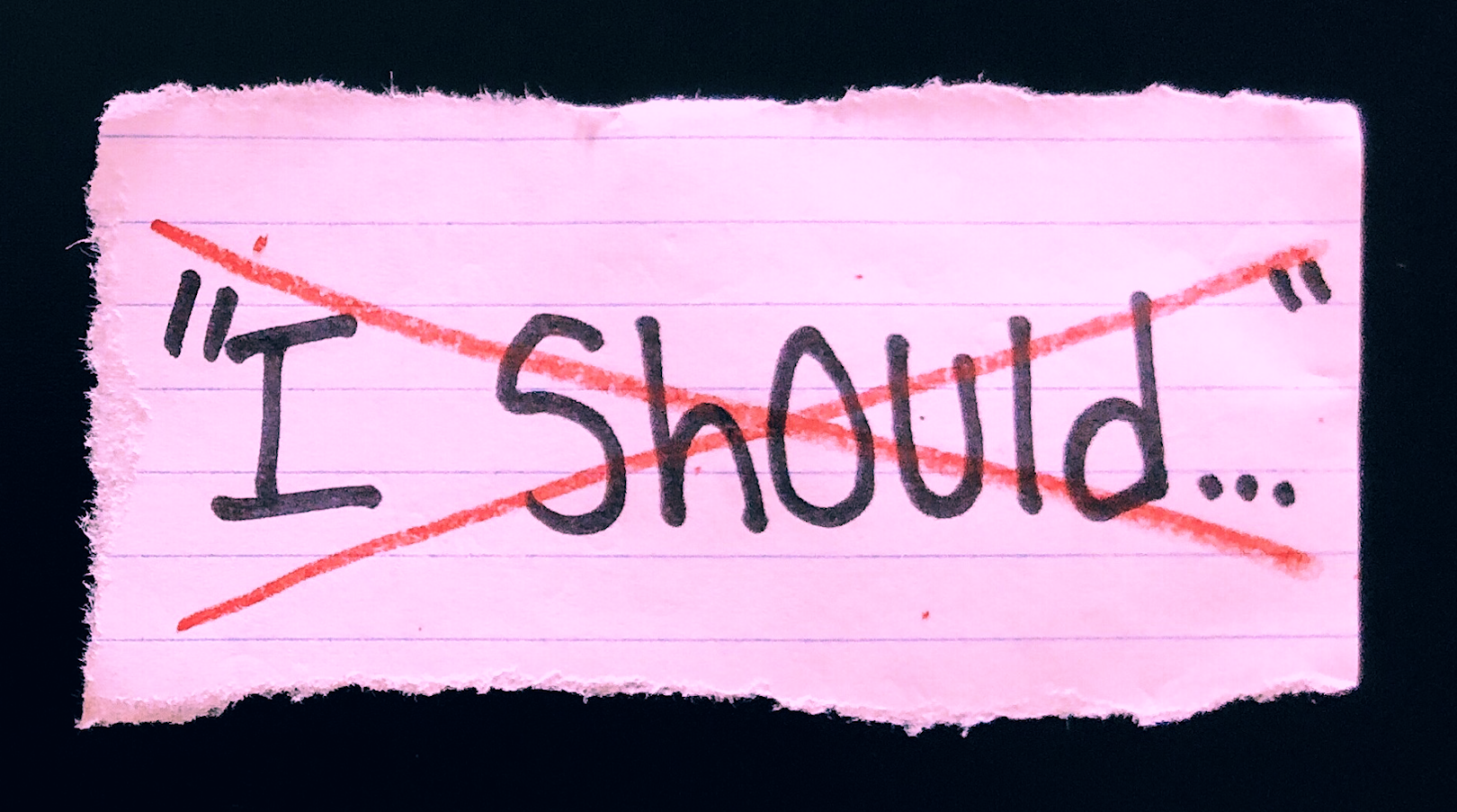
The Most Important Thing to Know
Philosophy has to do with many things, but historically the major ones have been three big questions: What’s real? How do we know what’s real? And what shall we do about what’s real? This essay is about the second of these questions.
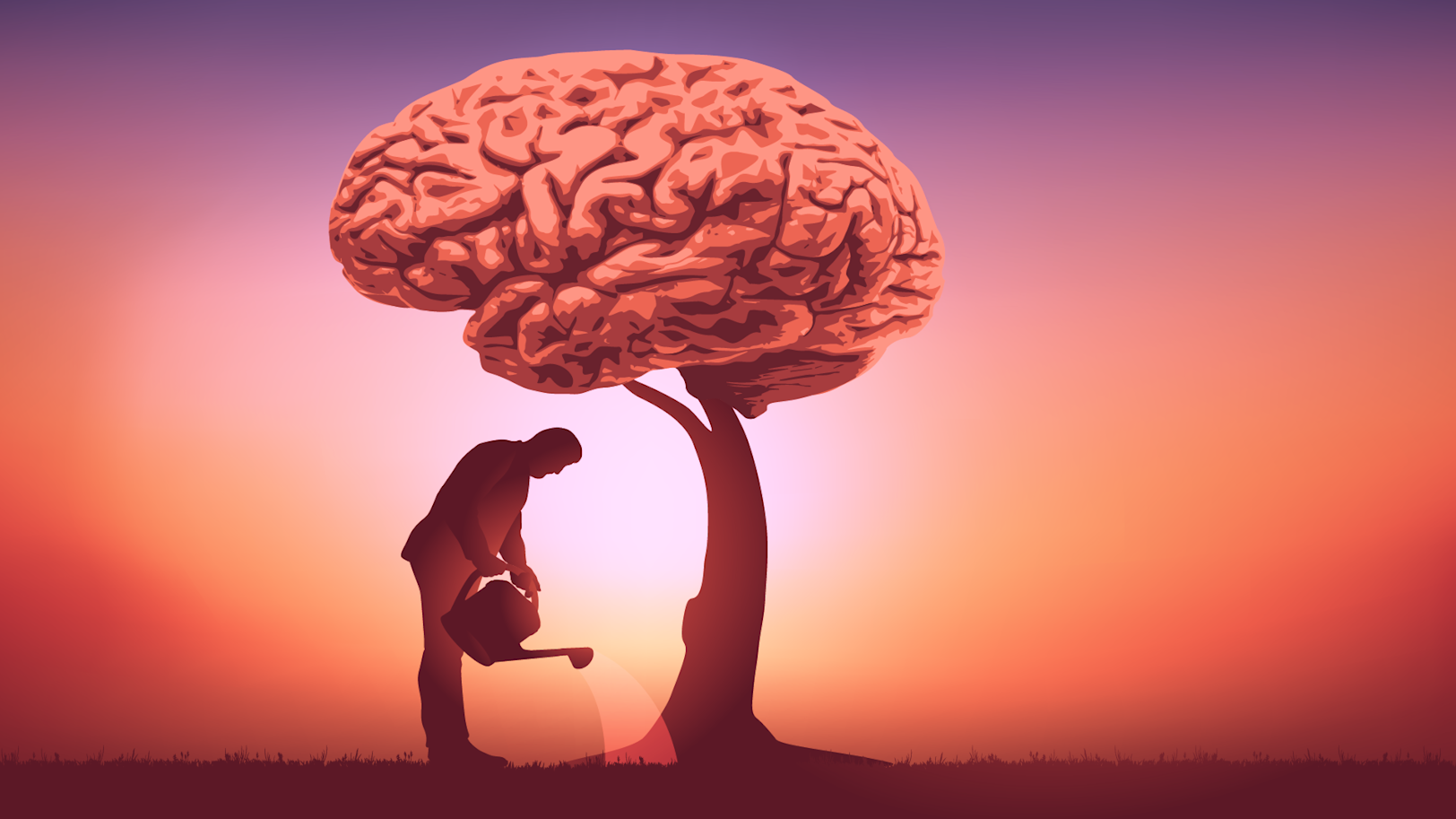
Learning from Zarathustra
Nobody knows for sure quite where Zarathustra lived or quite when he taught, but his origin may well have been in the Khorezm region of what is now Uzbekistan, near the western end of the great Eurasian steppe.

Arguing For God
Committed believers should be embarrassed by the various arguments philosophers make for the existence of God, as most are fallacious sophistries.

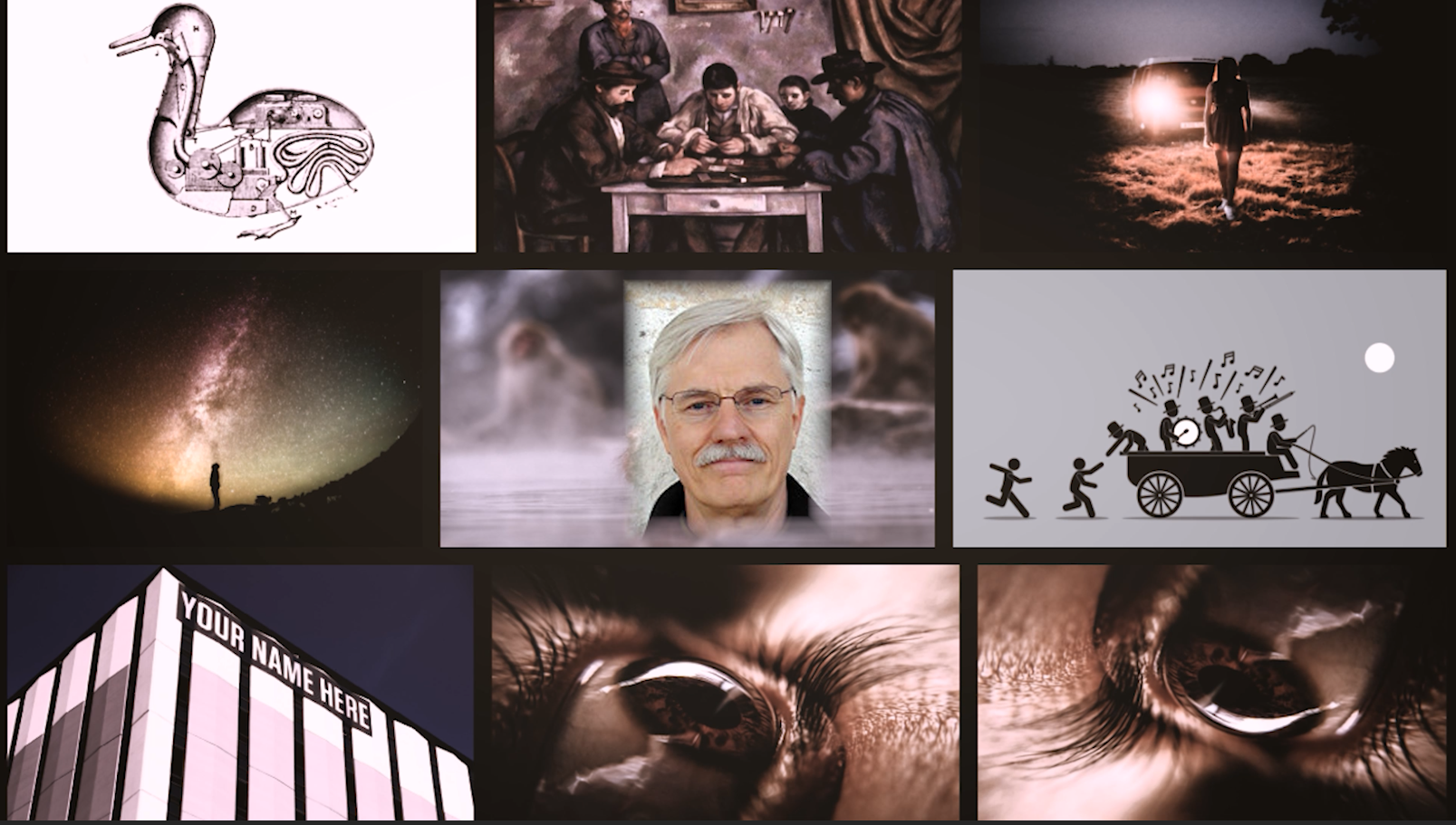
Organisms Are Not Machines
To think of organisms as machines or as collections of machine-like parts rather than as integral wholes whose living form governs the parts fails to do justice to the plain facts, easily observable in nature.
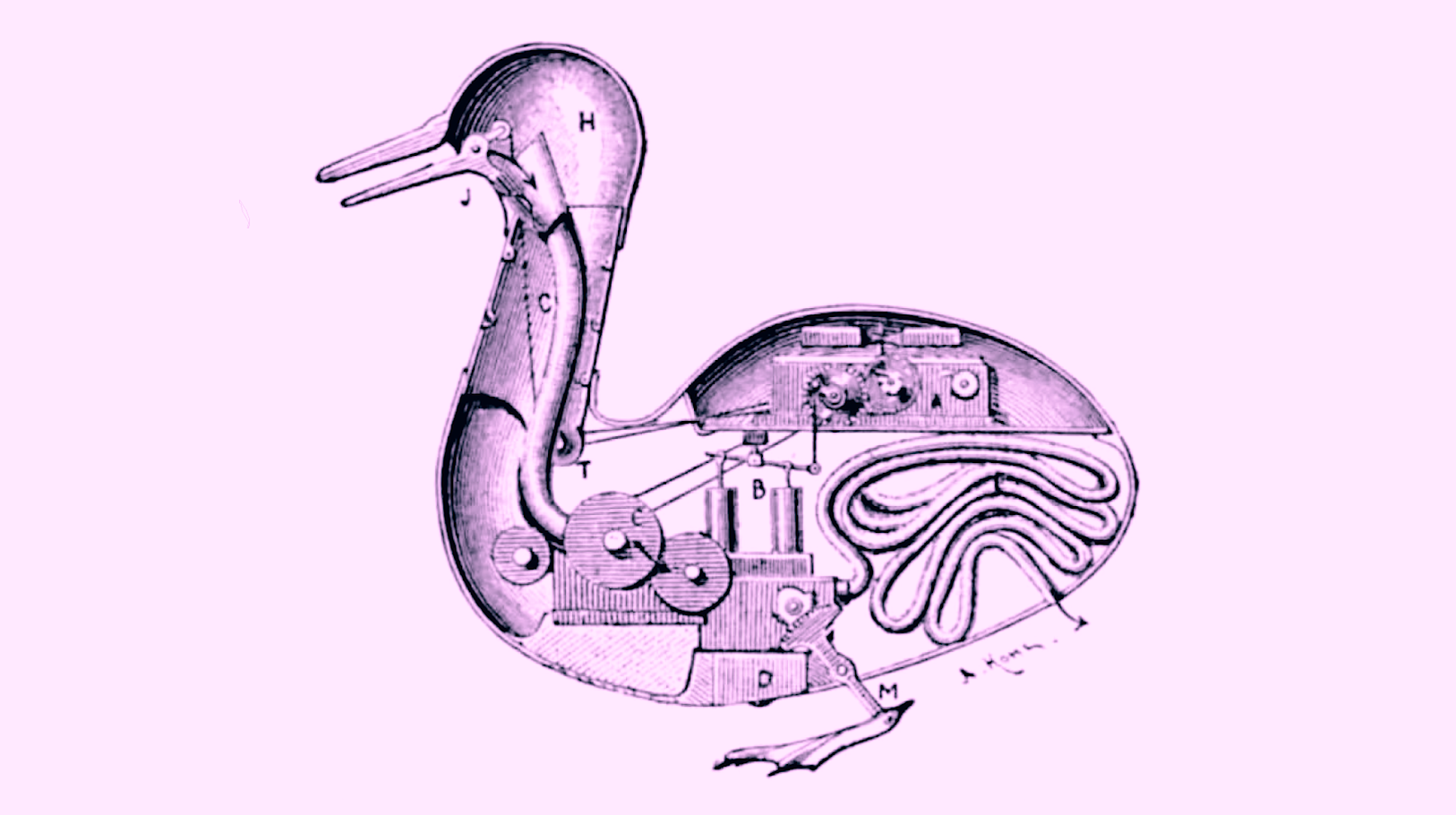
Daniel Dennett, Existentialist?
Dennett is an important figure in contemporary philosophy of mind, having written extensively on the nature of consciousness, will, personal identity and related topics from the point of view of a thorough-going materialism.

Some Observations on C. S. Peirce
The topic today is a single paragraph from a paper by the American philosopher Charles Saunders Peirce (pronounced “purse”) titled “Questions Concerning Certain Faculties Claimed For Man.”

A Finely Tuned Universe
The argument, in brief, is that the conditions that allow life in the universe can occur only when certain universal fundamental physical constants lie within a very narrow range.

An Impeccable Death
Some years ago, my daughter died. In this essay I tell the story of her death, not to evoke your sympathy or condolences or to induce you to feel sorry for me – although those things are perfectly normal responses – but because there is a philosophical point to be made.

Sentient Beings
Initially we can say that a sentient being is one that is alive and is conscious of its environment. This definition excludes robots and other machines that detect changes in their environment and respond to them but, we assume, are not conscious. But what is it to be conscious?
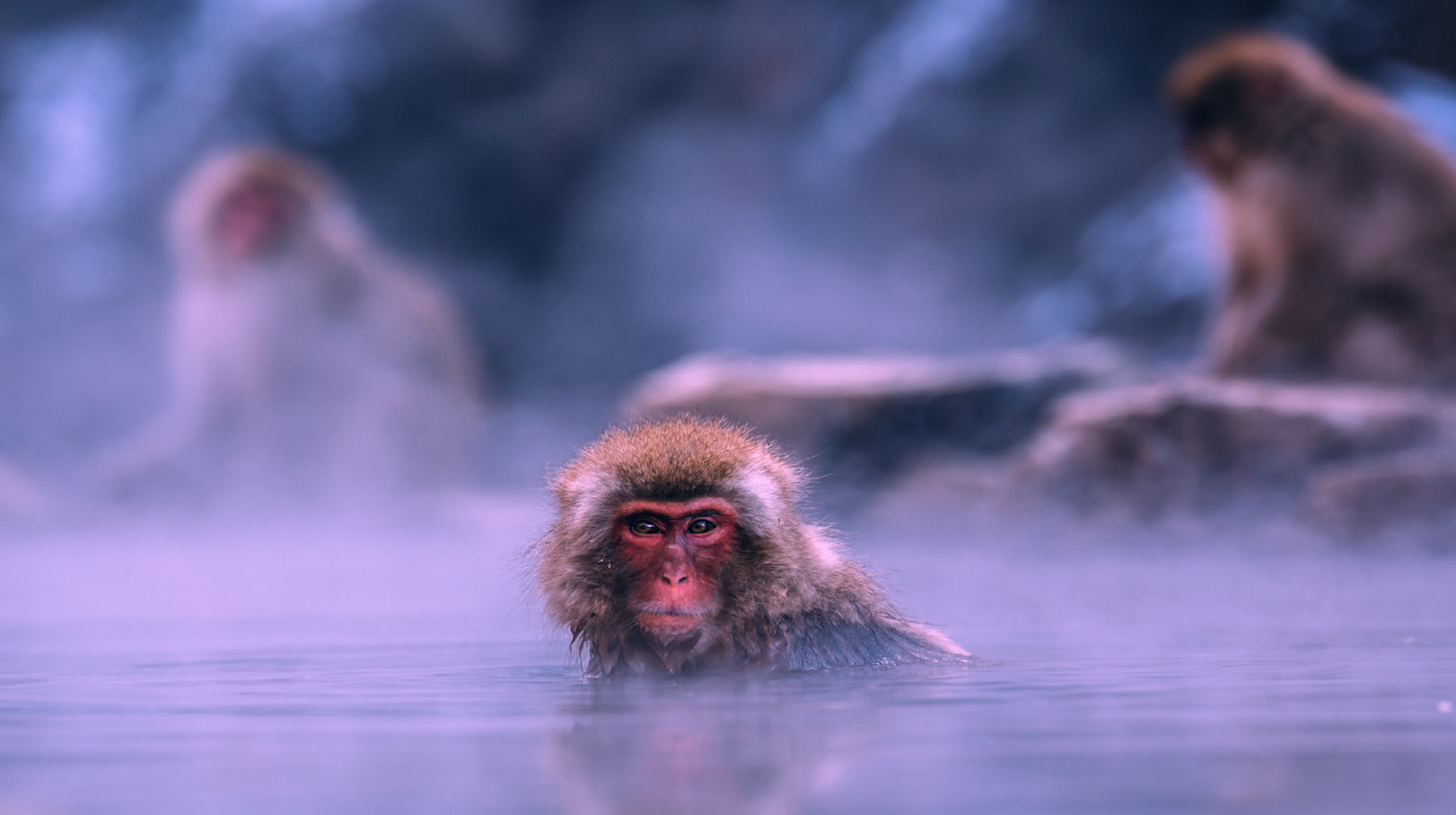
An unhelpful idiom
Ever since Nagel’s influential essay “What Is It Like To Be A Bat?” the phrase “what it is like” has been used to refer to the subjective character of being conscious.
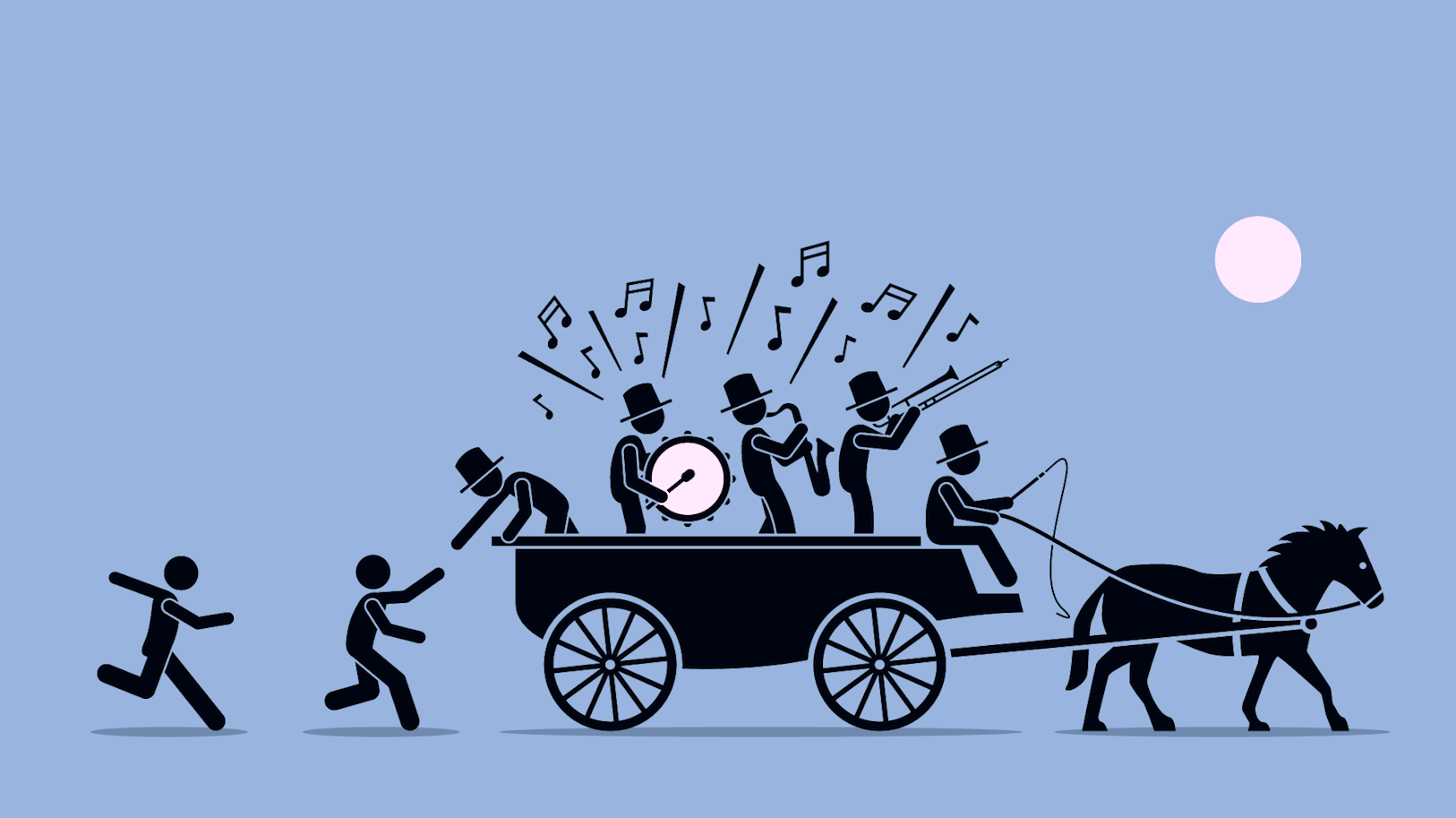
What’s In A Name
A rose by any other name would smell as sweet, says the bard, but a concept wouldn’t.

Soul Function
This essay is an attempt to explain what I mean by that passage and to answer some objections. The idea that functioning well is important for human well-being goes all the way back to Plato and Aristotle.

More About Function
Taking “function” to mean what we are good at or good for, I claim that doing our function well is key to our flourishing and is accompanied by a feeling of well-being.

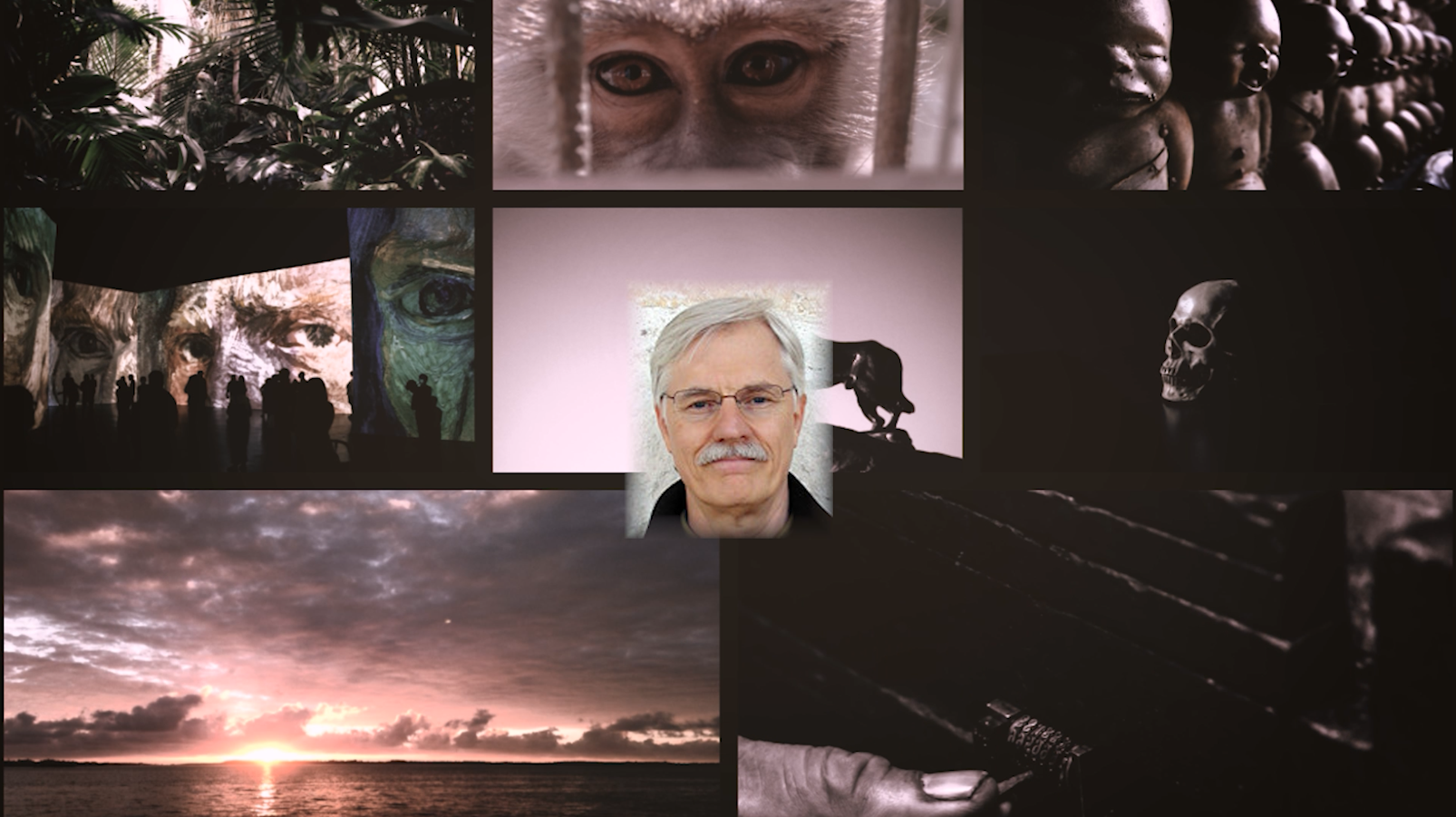
Do Plants Have Goals?
The topic this time is plants, specifically, whether plants have goals, as sentient agents do. Contemporary philosopher Scott Sehon, echoing the intuitions of many, says they don’t. I’m not so sure.

Reassessing Morality
One of the most intractable sources of conflict in human affairs is clashes of morality. No doubt there are plenty of other sources of conflict, such as resource scarcity, tribal animosity, sexual jealousy, emotional restimulation and more.
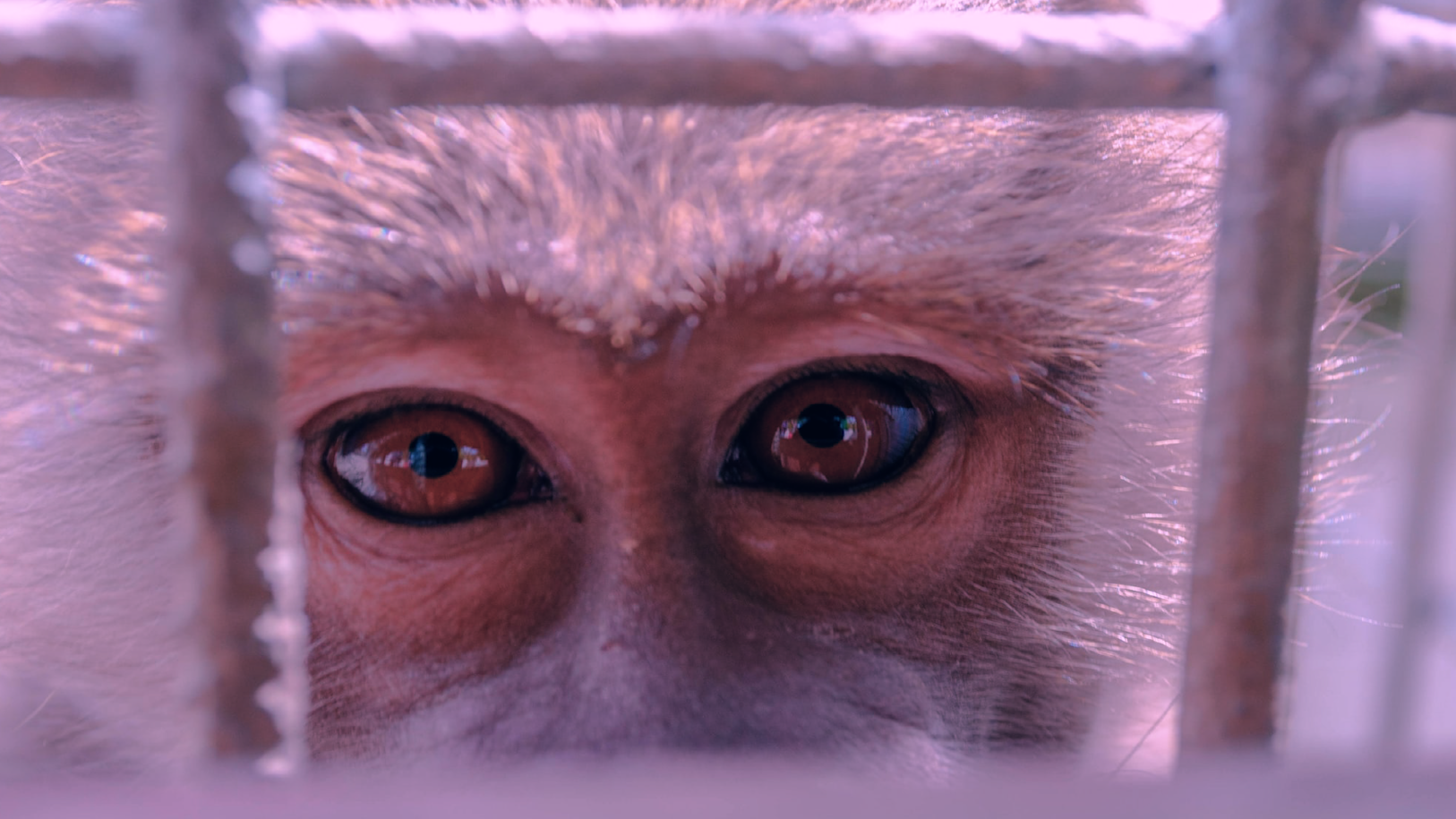
Fearing Death
Certainly, many people do fear being dead, but the philosophical question is whether it is rational to do so.

Being Immortal
Is living forever something you would really, after some thought, want to do? In the jargon, is it choice-worthy?

Pragmatism and The Good
Rationalism starts with a grand idea or first premise (although different philosophers start with different premises) and derives, by logic or some other method, a system that purports to include the whole world in its conceptual scheme.

Self after Death
Here I explore further the implications of the idea of an afterlife. It brings up an interesting philosophical question, the nature of personal identity.

Cognitive Phenomenology
The debate is whether such a thing exists. I find it peculiar because it seems to me quite obvious that it does, but apparently some people find it equally obvious that it does not.

A Whiteheadian Solution to the Combination Problem
Today’s essay concerns an objection to that theory, the combination problem, and how the process metaphysics of Alfred North Whitehead can address it. Panpsychism without process is only part of the story. You need process to solve the combination problem.

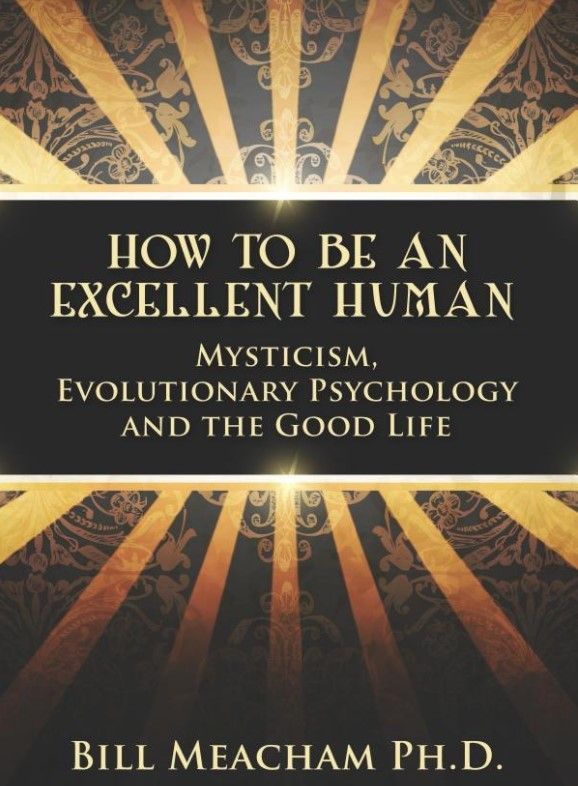
How To Be An Excellent Human
Mysticism, Evolutionary Psychology and the Good Life by Bill Beacham, Ph.D.


